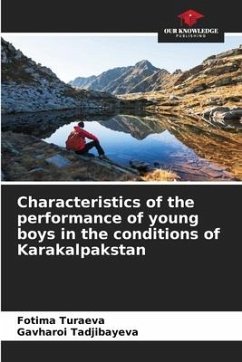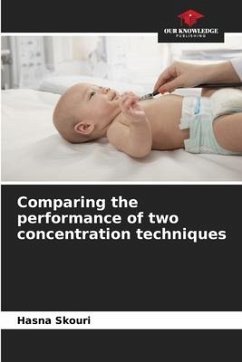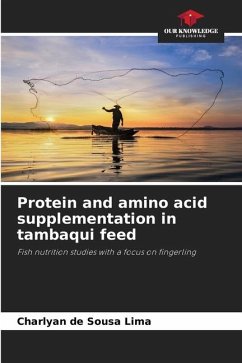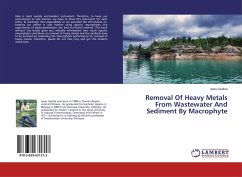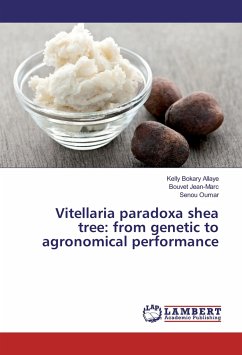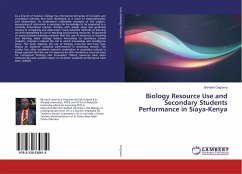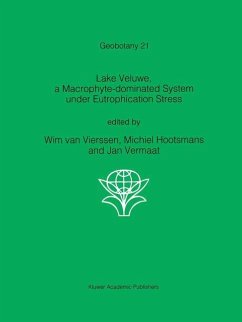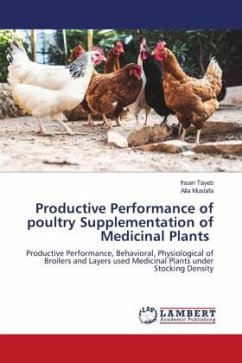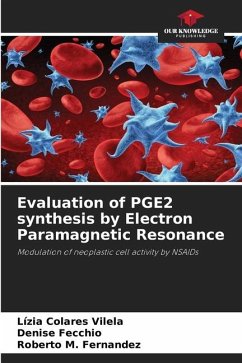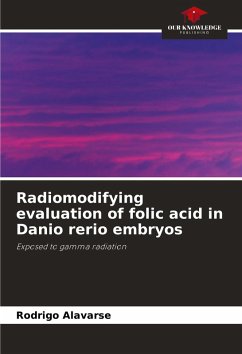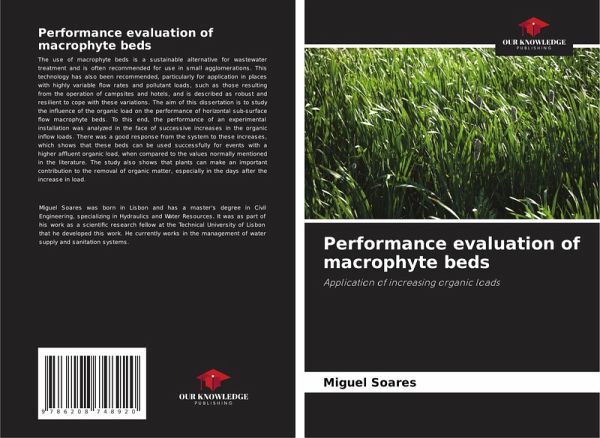
Performance evaluation of macrophyte beds
Application of increasing organic loads
Versandkostenfrei!
Versandfertig in 6-10 Tagen
33,99 €
inkl. MwSt.

PAYBACK Punkte
17 °P sammeln!
The use of macrophyte beds is a sustainable alternative for wastewater treatment and is often recommended for use in small agglomerations. This technology has also been recommended, particularly for application in places with highly variable flow rates and pollutant loads, such as those resulting from the operation of campsites and hotels, and is described as robust and resilient to cope with these variations. The aim of this dissertation is to study the influence of the organic load on the performance of horizontal sub-surface flow macrophyte beds. To this end, the performance of an experimen...
The use of macrophyte beds is a sustainable alternative for wastewater treatment and is often recommended for use in small agglomerations. This technology has also been recommended, particularly for application in places with highly variable flow rates and pollutant loads, such as those resulting from the operation of campsites and hotels, and is described as robust and resilient to cope with these variations. The aim of this dissertation is to study the influence of the organic load on the performance of horizontal sub-surface flow macrophyte beds. To this end, the performance of an experimental installation was analyzed in the face of successive increases in the organic inflow loads. There was a good response from the system to these increases, which shows that these beds can be used successfully for events with a higher affluent organic load, when compared to the values normally mentioned in the literature. The study also shows that plants can make an important contribution tothe removal of organic matter, especially in the days after the increase in load.



